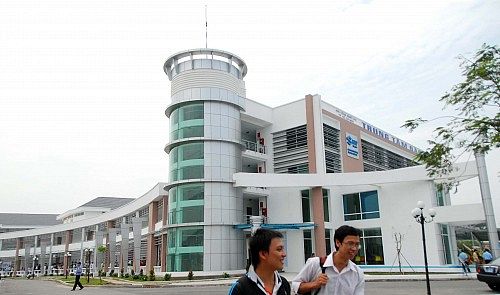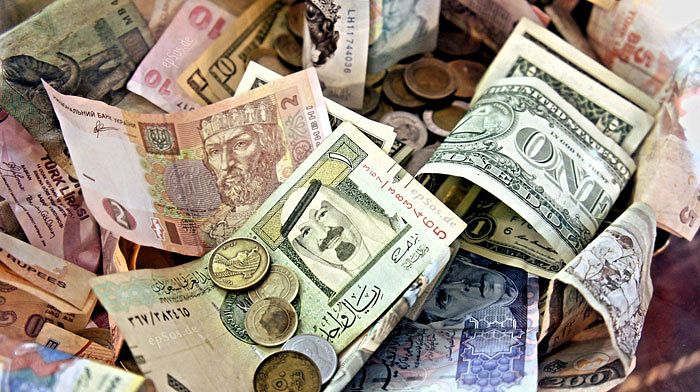According to The Atlantic, Vietnam could be home to the world’s next “tech hub.” The capital recently hosted the country’s first start-up fair, bringing together eager entrepreneurs in the hope of attracting the attention of business investors. Comparing the new project to Silicone Valley in the US, Vietnam aims to be a “key player in the global digital economy.”
The Ministry of Science and Technology project (which started two years ago) aims to launch internationally competitive technology firms in Vietnam. The Ministry is sponsoring the ambitious project with a $3 million budget. Another $50 million per year has been earmarked for the application of technology through start-up projects and a further $100 million to develop the technology industry in conjunction with the World Bank. Hanoi, Ho Chi Minh City and Da Nang are the cities being considered for the location of the tech hub.
In the East, Japan and China are leading the way in the technology sector but Vietnam has recently been flexing its’ tech muscles. The success of Flappy Bird demonstrates this potential with the app being one of the most downloaded in the world before it was removed by its creator, Nguyen Ha Dong.
Related Articles:
- [Infographic] Key Statistics on Vietnam's Internet Population
- Facebook Gets Official in Vietnam
- $110 Million Pledged for Vietnamese Startups
Structural reforms have helped to modernise the economy as well as attracting foreign investments on a greater scale. Vietnam has the potential to become a “knowledge economy” which contrasts sharply with the stereotypical images of the country’s “rice paddies,” said Aaron Everhart from Hatch who helped organised the start-up fair.
Young people are said to be the real driving force behind the project with their entrepreneurial drive, high test scores in math and science and strong technological skills. The opening up of the Vietnamese market has led to a new found economic freedom – something which young Vietnamese want to take full advantage of. Anh-Minh Do, founder of Starhub.vn, expects 1,000 “home-grown” firms to appear on his tech start-up list by mid-2014.
However, the country faces some obstacles and it may take a while for the project to really pick up the pace and succeed. The US has a wealth of experienced professionals to aid the start-up and progression of technological projects, something the Vietnamese market is lacking.
Le Dinh Tinh, deputy director general of the Diplomatic Academy of Vietnam’s Institute for Foreign Policy and Strategic Studies, said that now is the time for Vietnam to take advantage of its young population’s entrepreneurial drive:
“This is the time for Vietnam to join in the technology race. Countries which fail to change with this technology-driven world will fall into a vicious cycle of backwardness and poverty.”














